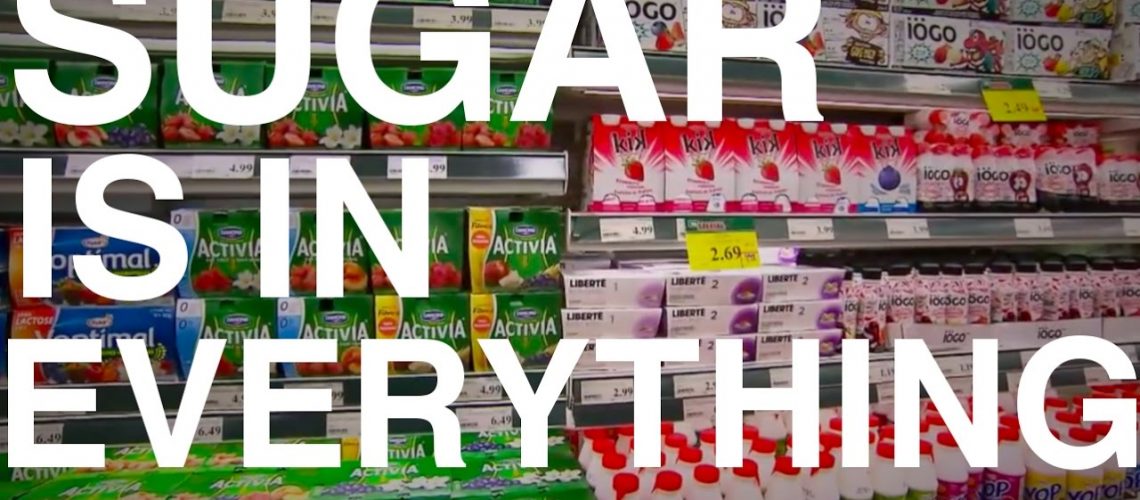Why Sugar is addictive and in 80% of food.
This video explores the addictive nature of sugar, why it’s in all our food and how it is affecting our brains, bodies and overall health.
Food Industry’s Secret Weapon (Why Sugar is addictive & in 80% of food)
What I’ve Learned
Key Takeaways
Substances become truly hazardous and addictive when you extensively refine them. The result of refinement is a higher concentration of a particular ingredient that will have an effect on your brain’s reward system. What happens is the substance either occupies your dopamine receptors or causes dopamine to be released and it makes you feel good.
Sugar is 8 times as addictive as cocaine, also affects your brain’s dopamine system, has a small opiate effect and is also the result of a refining process. Sweetness activates your reward center- evolution programmed us to seek sweet foods. One of the reasons is because sweet foods in nature are very rarely poisonous.
What happens in the brain when you become tolerant to something is that the dopamine receptors in the brain get downregulated, so more dopamine is necessary to get the same effect. If you take a look at cocaine addicts brain, you can see that the cocaine has downregulated their dopamine receptors. If you take a look at someone who frequently over consumes sugar, you see the same exact thing in their brain.
People who try to quit sugar consistently report symptoms like lightheadedness, headaches, anxiety, mood swings, muscle aches, general fatigue & physical tremors or the shakes.
Bliss Point maximum amount of sugar added to a product before it becomes too sweet.
High Fructose Corn syrup and sugar have built up a bad reputation over time, but there are 54 other names that the food industry can use to have us feeling better about their products while keeping the sugar in. This is how even the most health conscious people can end up consuming more than twice the daily recommended intake of sugar without even knowing it.

